Search
Democracy Links
Member's Off-site Blogs
"aussie tony" & the value of dogmatism .....
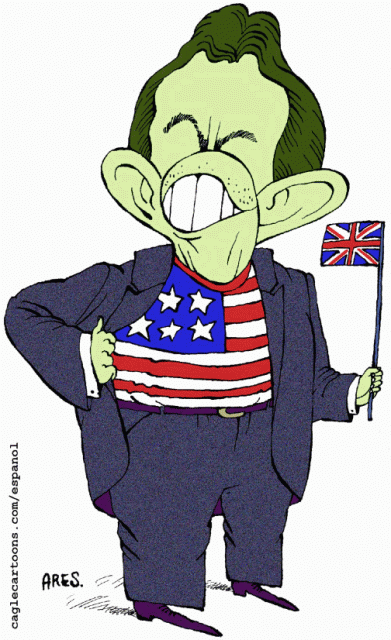
- By John Richardson at 25 Apr 2009 - 1:13pm
- John Richardson's blog
- Login or register to post comments
- Read more
at the camden inn .....

- By John Richardson at 25 Apr 2009 - 8:56am
- John Richardson's blog
- Login or register to post comments
- Read more
rattus briefs .....
- By Gus Leonisky at 25 Apr 2009 - 8:51am
- Gus Leonisky's blog
- 5 comments
- Read more
acting honestly .....
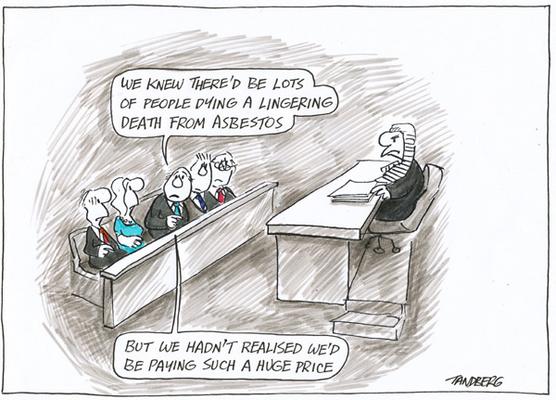
- By John Richardson at 25 Apr 2009 - 8:46am
- John Richardson's blog
- 3 comments
- Read more
monty python lives on .....
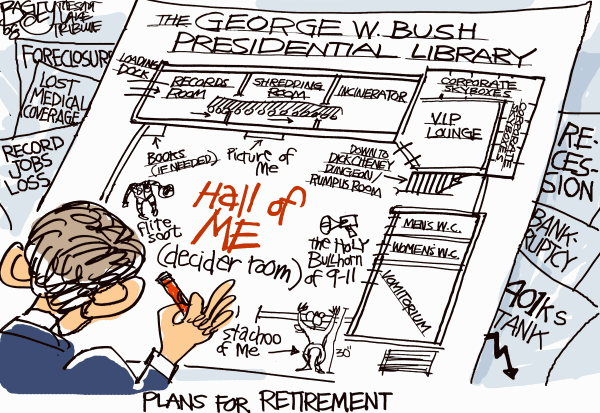
- By John Richardson at 25 Apr 2009 - 8:42am
- John Richardson's blog
- 1 comment
- Read more
the model citizen .....
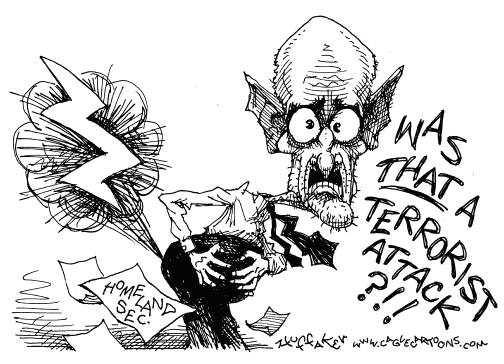
- By John Richardson at 25 Apr 2009 - 8:37am
- John Richardson's blog
- Login or register to post comments
- Read more
all wong .....
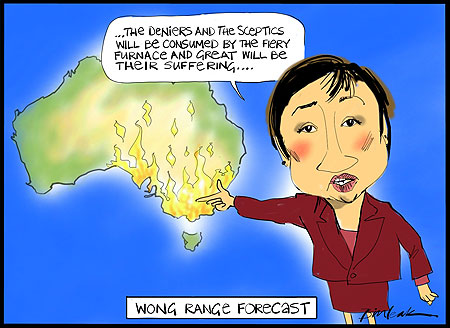
- By John Richardson at 25 Apr 2009 - 8:32am
- John Richardson's blog
- Login or register to post comments
- Read more
hovevei zion .....
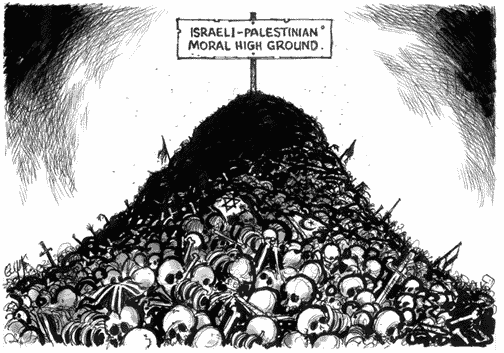
Since biblical times Jewish communities lived in Arab lands, in Persia, India, East and North Africa and indeed in Palestine.
- By John Richardson at 24 Apr 2009 - 6:56am
- John Richardson's blog
- Login or register to post comments
- Read more
frankly frank .....
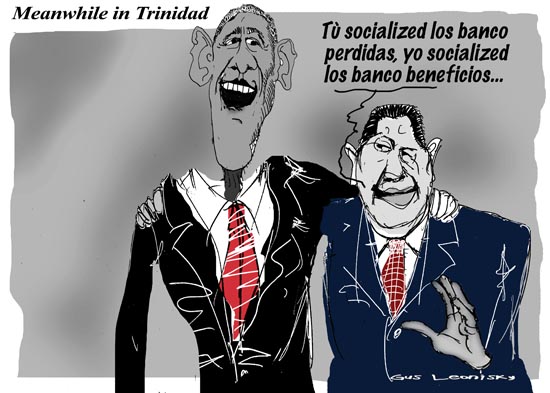
President Obama, facing criticism at home for appearing too cozy with President Hugo Chávez of Venezuela, defended his overtures on Sunday, saying the handshakes and polite conversation the two leaders shared here were hardly “endangering the strategic interests of the United States.”
Mr. Obama, wrapping up a four-day swing through Latin America that included a summit meeting of Western Hemisphere leaders here, said he believed he had paved the way for “frank dialogue” with countries like Venezuela and Cuba, countries whose relations with the United States are, respectively, strained and practically nonexistent.
- By Gus Leonisky at 23 Apr 2009 - 9:11pm
- Gus Leonisky's blog
- Login or register to post comments
- Read more
darth .....
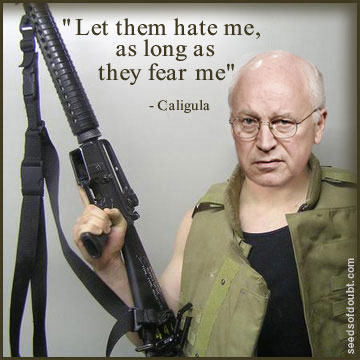
- By John Richardson at 22 Apr 2009 - 11:41pm
- John Richardson's blog
- Login or register to post comments
- Read more
difficult days .....
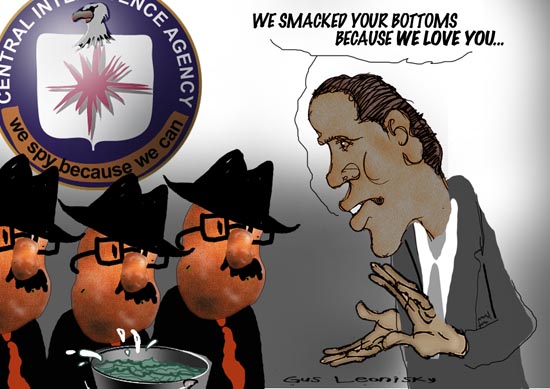
- By Gus Leonisky at 22 Apr 2009 - 11:15pm
- Gus Leonisky's blog
- 2 comments
- Read more
meet the press .....
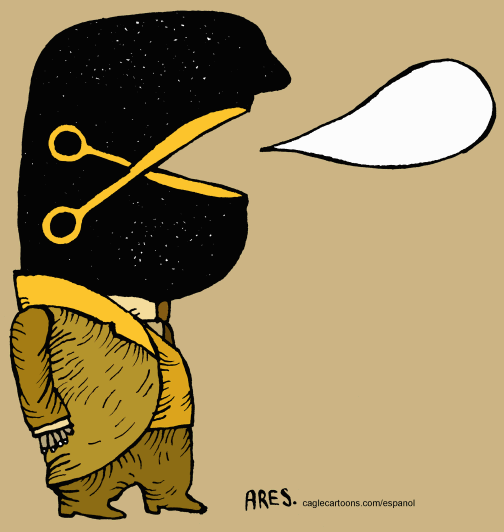
- By John Richardson at 22 Apr 2009 - 11:11pm
- John Richardson's blog
- Login or register to post comments
- Read more
building tolerance & understanding .....
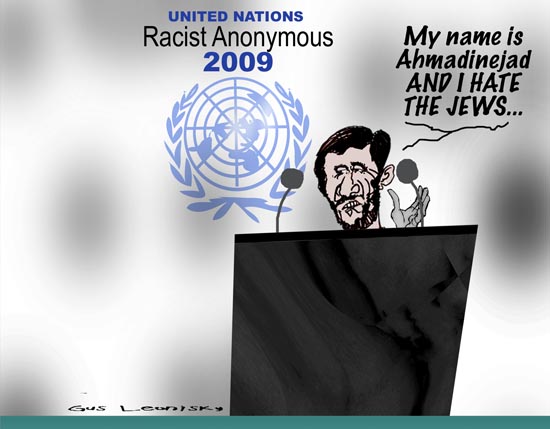
- By Gus Leonisky at 22 Apr 2009 - 6:45am
- Gus Leonisky's blog
- 1 comment
- Read more
the fruits of our evolution .....
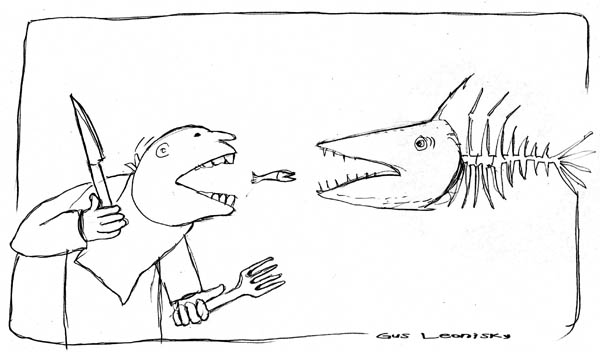
- By Gus Leonisky at 21 Apr 2009 - 6:48am
- Gus Leonisky's blog
- 11 comments
- Read more
market forces .....
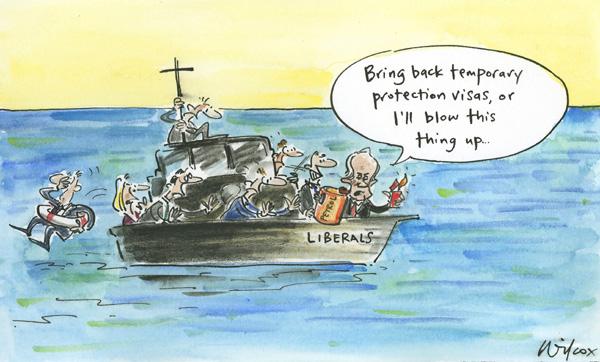
- By John Richardson at 21 Apr 2009 - 6:32am
- John Richardson's blog
- Login or register to post comments
- Read more
Recent comments
2 hours 26 min ago
3 hours 43 min ago
3 hours 48 min ago
14 hours 34 min ago
17 hours 31 min ago
19 hours 23 min ago
19 hours 44 min ago
22 hours 14 min ago
23 hours 19 min ago
23 hours 31 min ago